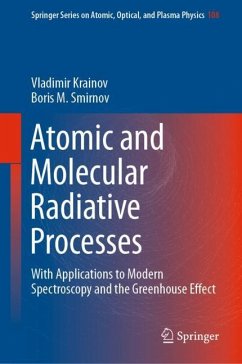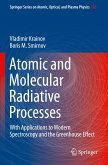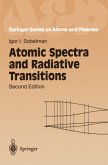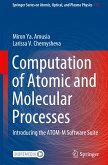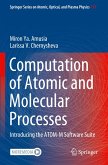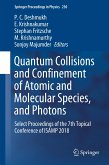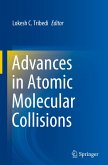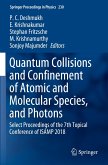This book describes selected problems in contemporary spectroscopy in the context of quantum mechanics and statistical physics. It focuses on elementary radiative processes involving atomic particles (atoms, molecules, ions), which include radiative transitions between discrete atomic states, the photoionization of atoms, photorecombination of electrons and ions, bremsstrahlung, photodissociation of molecules, and photoattachment of electrons to atoms. In addition to these processes, the transport of resonant radiation in atomic gases and propagation of infrared radiation in molecular gases are also considered.
The book subsequently addresses applied problems such as optical pumping, cooling of gases via laser resonance radiation, light-induced drift of gas atoms, photoresonant plasma, re ection of radio waves from the ionosphere, and detection of submillimeter radiation using Rydberg atoms. Lastly, topical examples in atmospheric and climate change science are presented, such as lightning channel glowing, emission of the solar photosphere, and the greenhouse phenomenon in the atmospheres of the Earth and Venus.
Along with researchers, both graduate and undergraduate students in atomic, molecular and atmospheric physics will find this book a useful and timely guide.
The book subsequently addresses applied problems such as optical pumping, cooling of gases via laser resonance radiation, light-induced drift of gas atoms, photoresonant plasma, re ection of radio waves from the ionosphere, and detection of submillimeter radiation using Rydberg atoms. Lastly, topical examples in atmospheric and climate change science are presented, such as lightning channel glowing, emission of the solar photosphere, and the greenhouse phenomenon in the atmospheres of the Earth and Venus.
Along with researchers, both graduate and undergraduate students in atomic, molecular and atmospheric physics will find this book a useful and timely guide.

